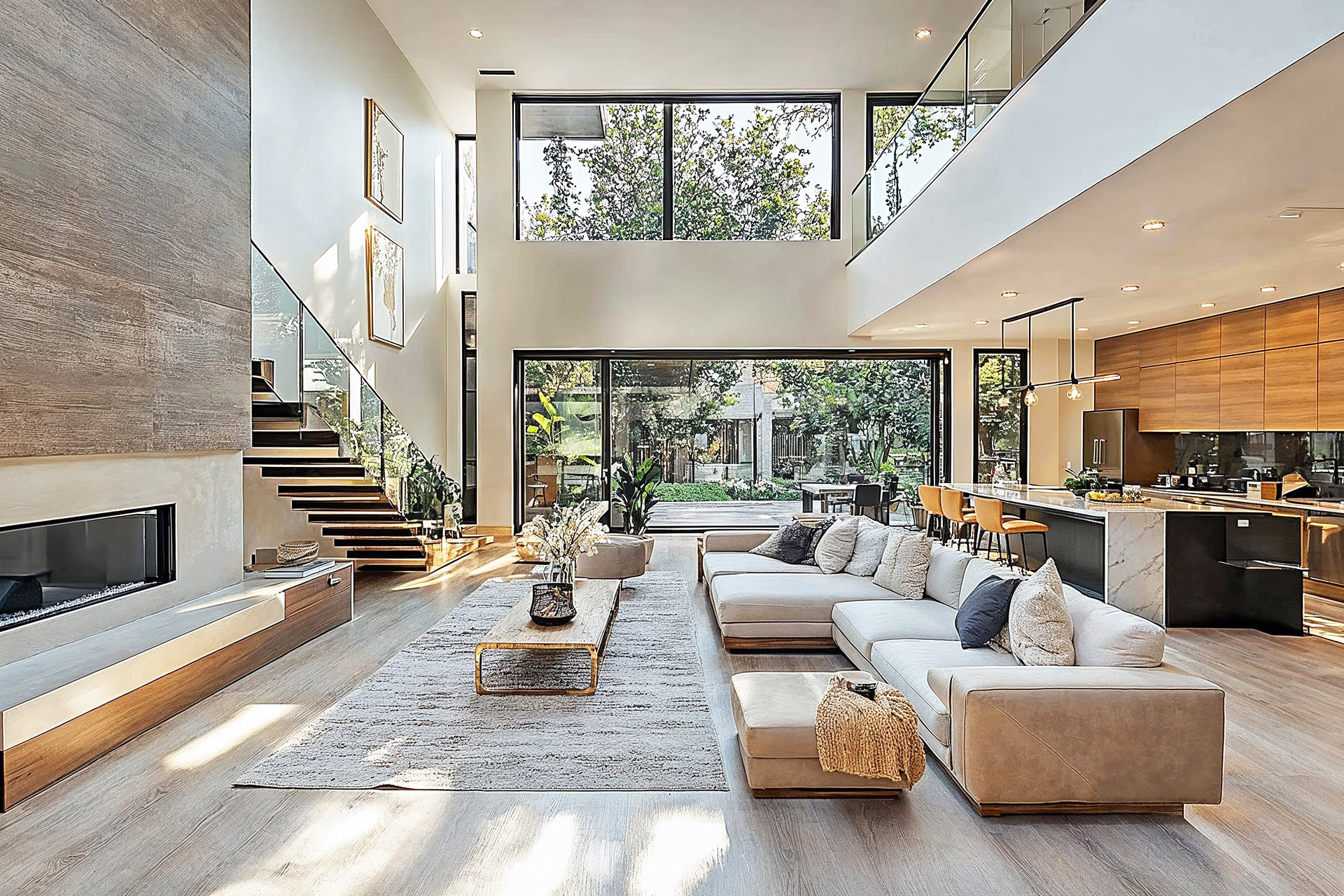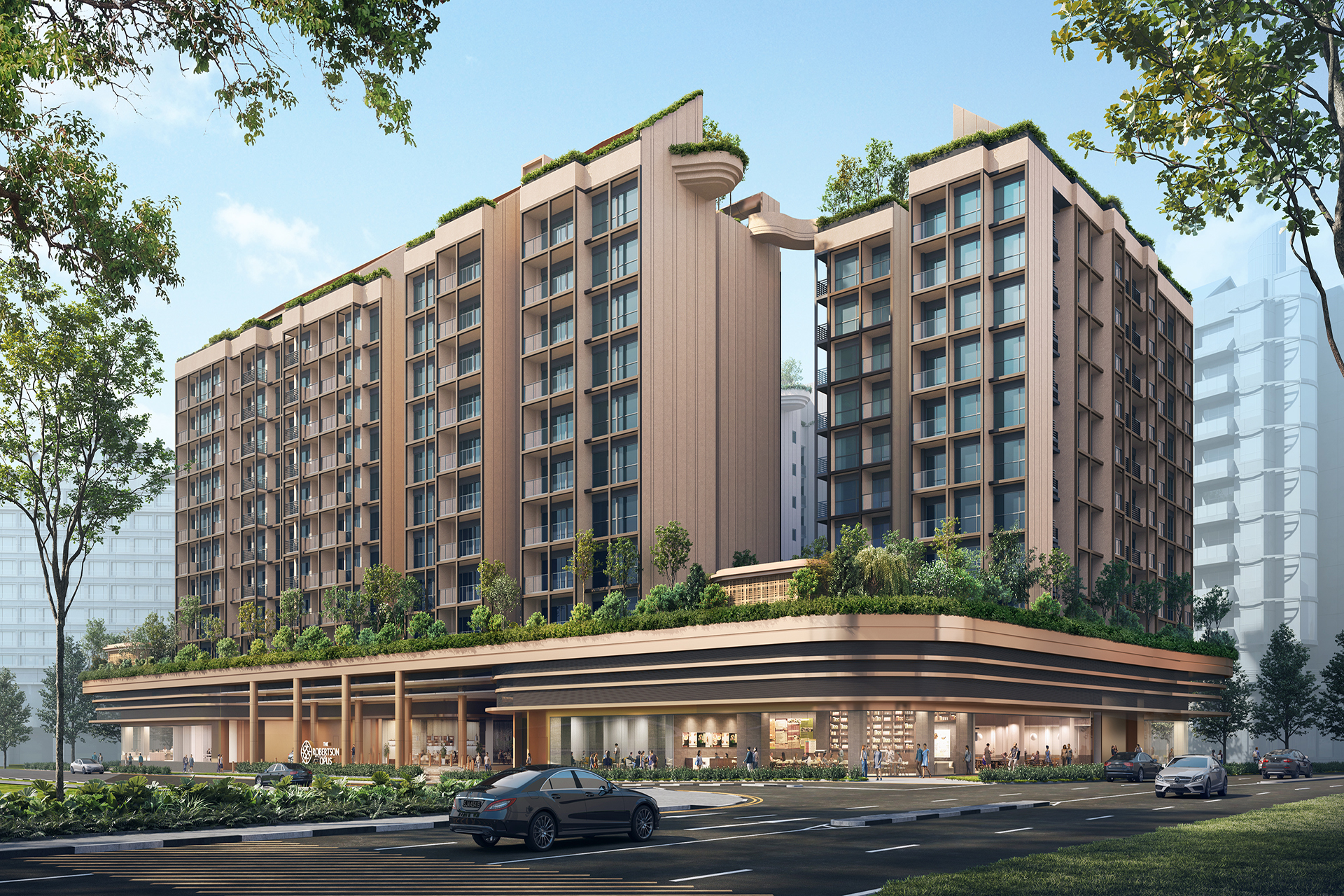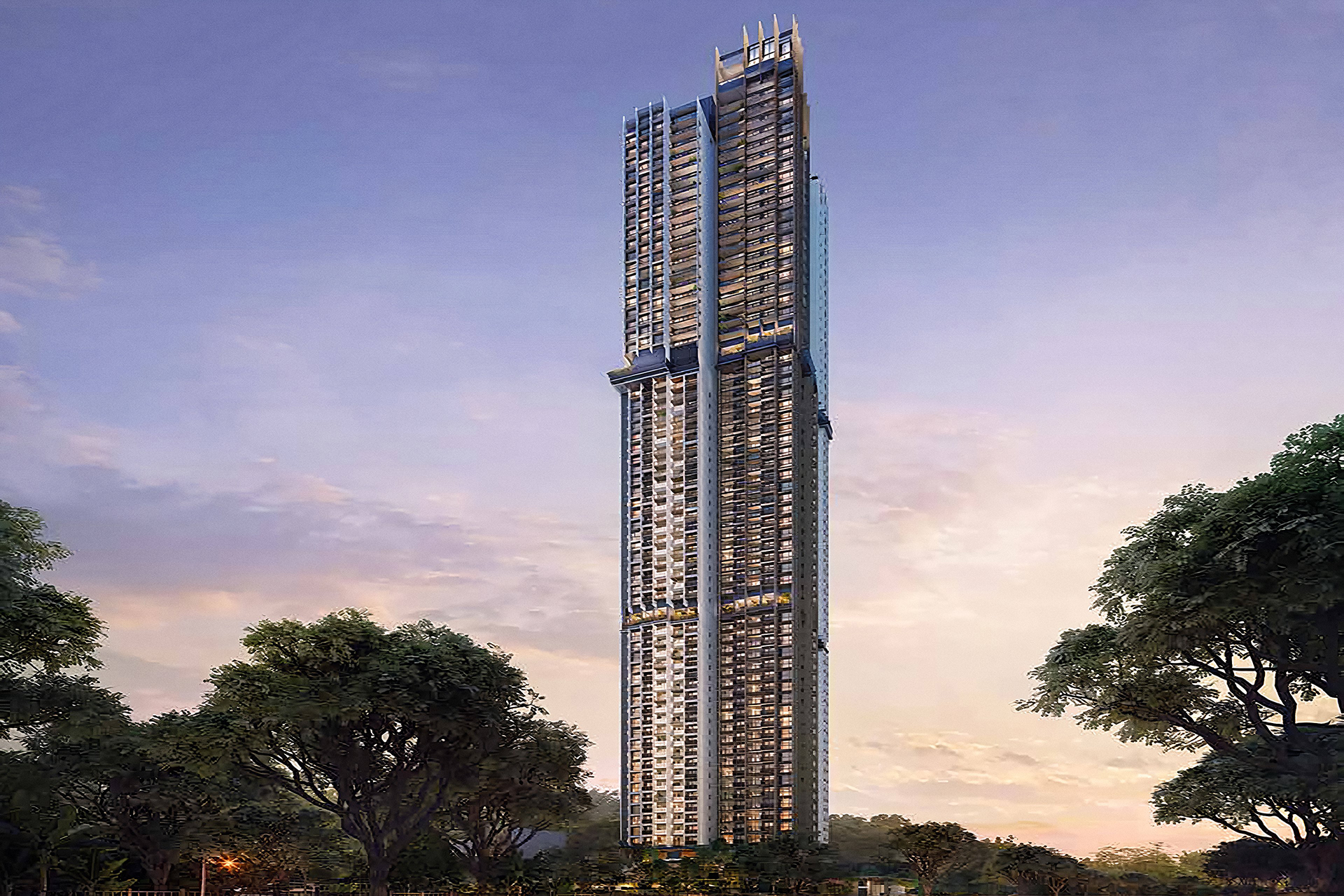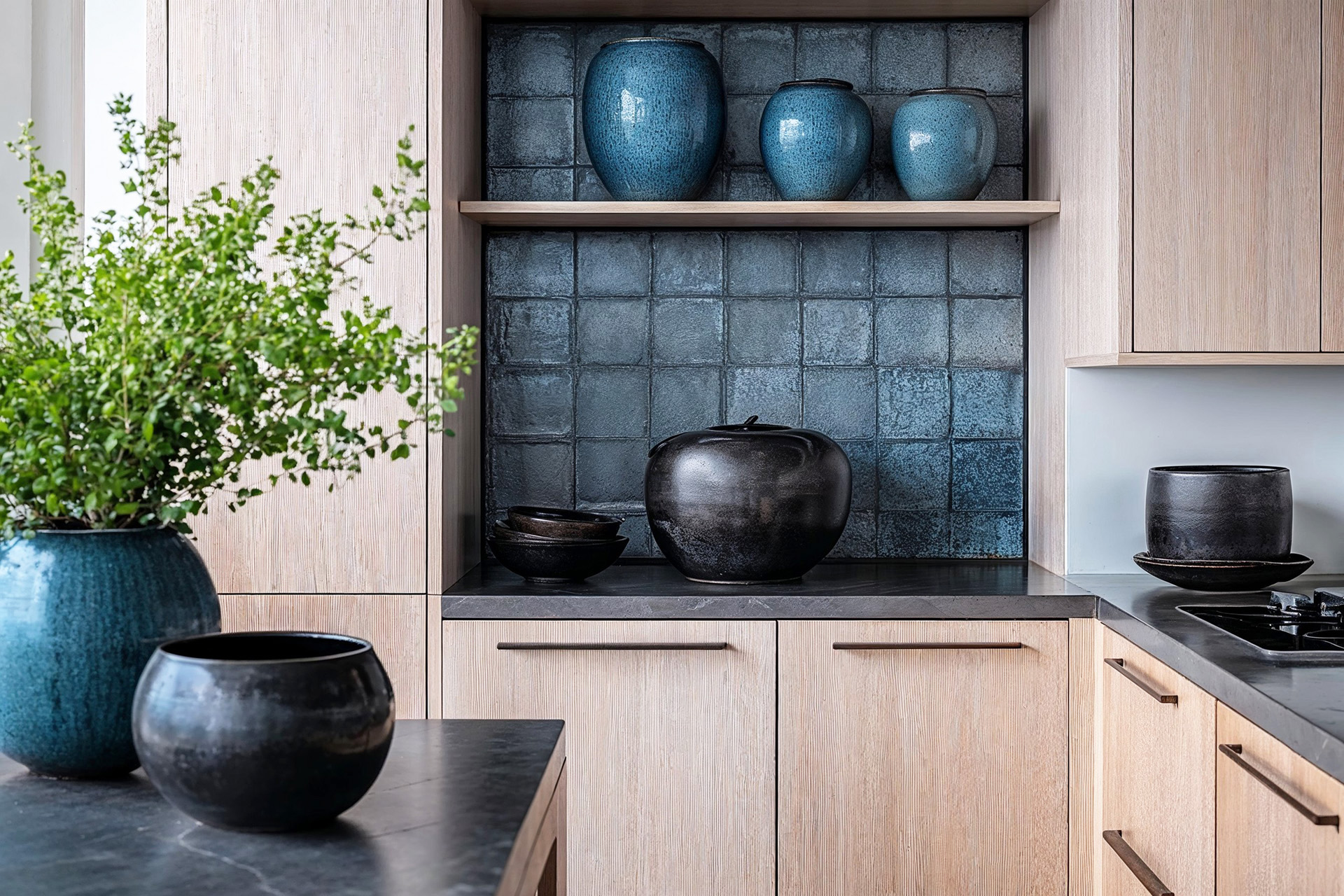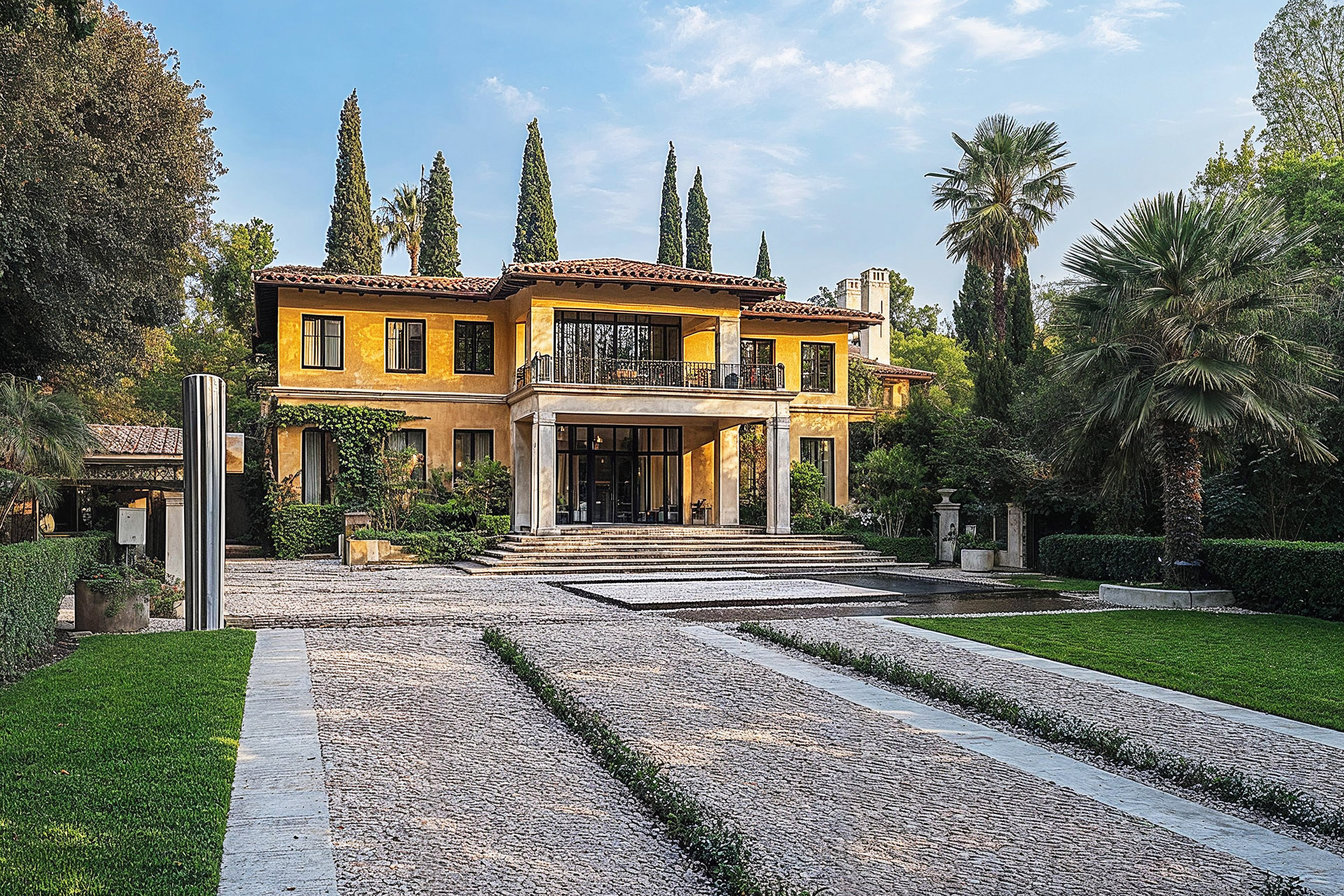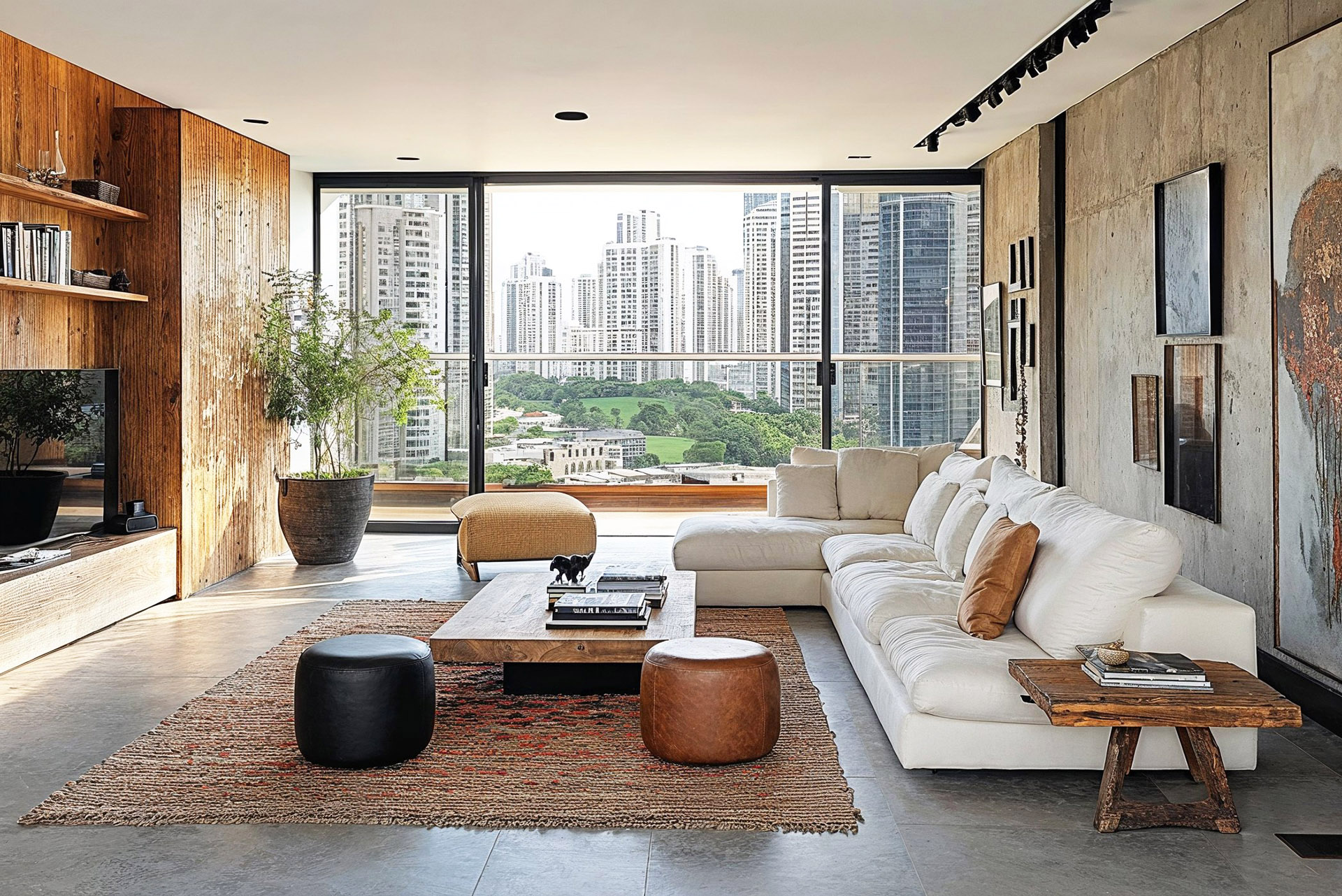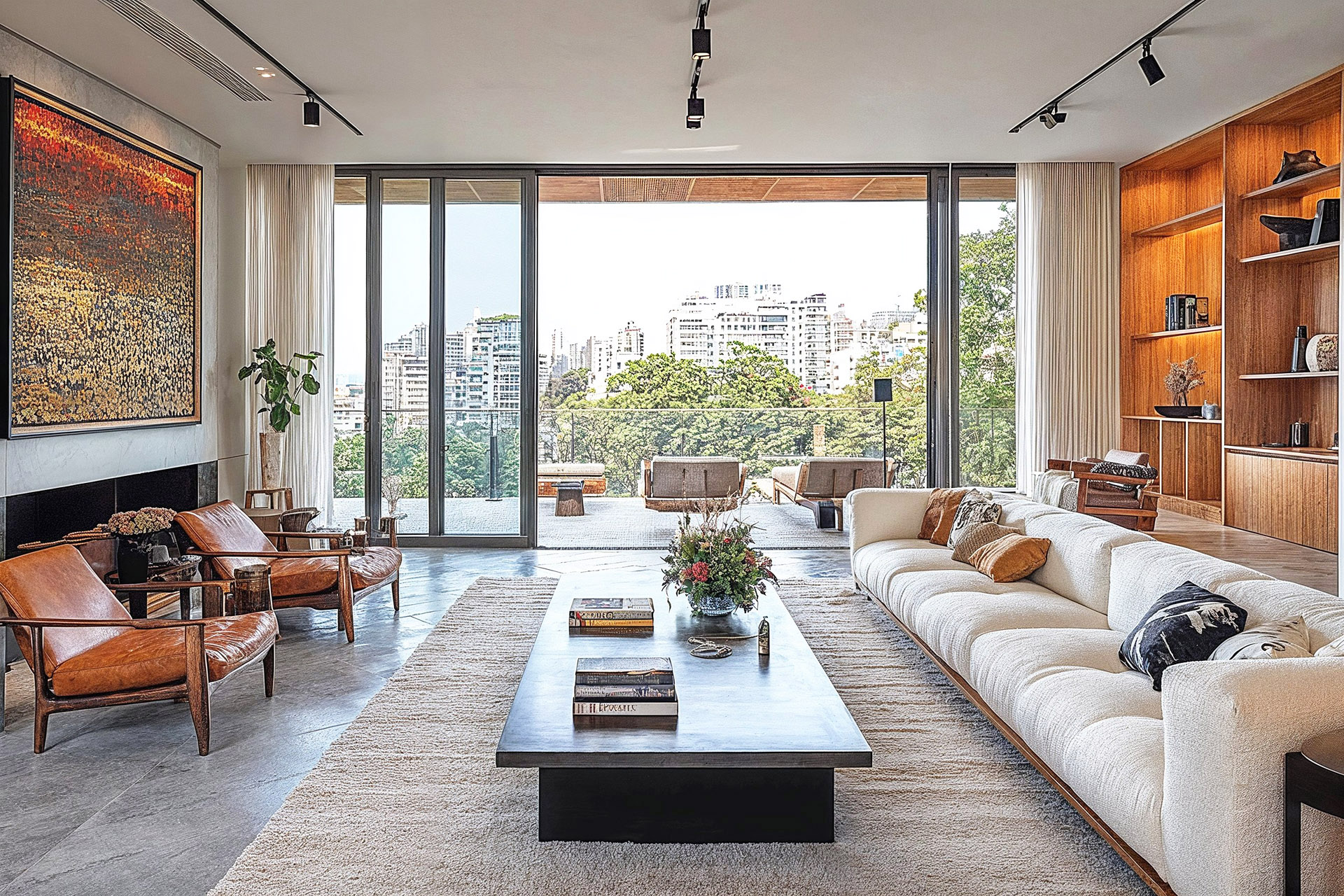You need more than just a listing to sell property successfully in Singapore’s fast-paced market. From understanding pricing trends to crafting effective marketing strategies and securing the right legal support, every step counts in achieving the highest price and fastest sale. That’s why it matters that you know how to sell property in Singapore or have a trusted real estate professional like SHE Real Estate walk you through the process.
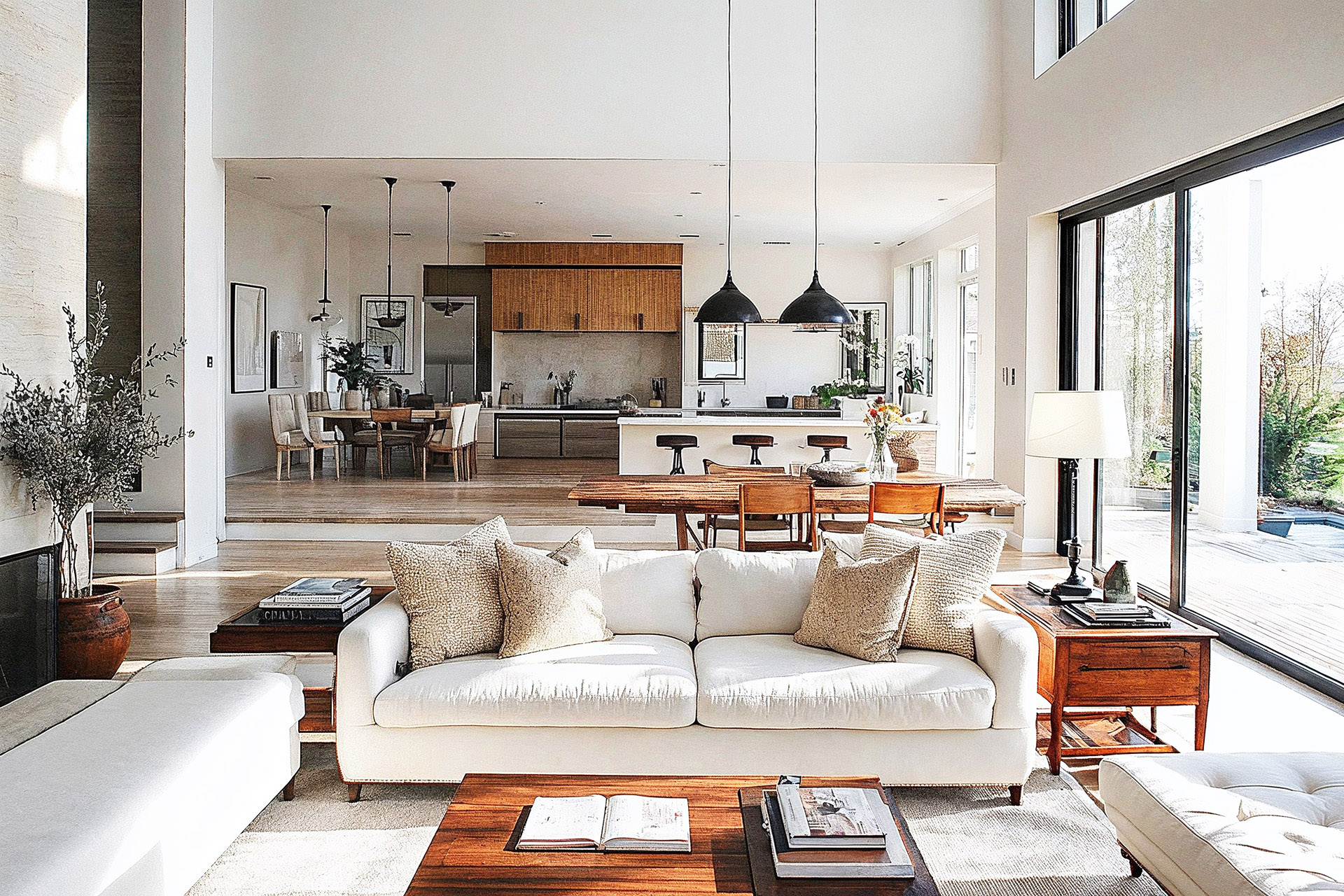
Singapore Property Market
Sellers who understand the Singapore property market trends can decide how to position their properties effectively. Private home prices have been growing steadily, increasing 0.6% quarter-over-quarter in Q1 2025, following a 2.3% rise in Q4 2024. Demand for new private homes remains strong, with 3,379 units sold in Q1 2025, just shy of the 3,420 units sold in the previous quarter. Notably, Outside Central Region (OCR) accounted for 66% of these new sales, the highest quarterly volume since Q2 2013.
Resale activity has slowed, with a 14.7% decline from Q4 2024 to Q1 2025, signalling that buyers currently prefer new launches. Landed home prices have rebounded, with detached home prices up 19.2% quarter on quarter to $1,910 per square foot.
HDB resale prices continue to rise, marking the 20th consecutive quarter of growth, with a 1.5% increase in the first quarter of 2025. Knowing the market is crucial for making informed decisions when selling property in Singapore, including considering a property loan.
The procedure for selling property in Singapore is multi-step. It’s vital to be acquainted with these various steps to maximise your returns on your property and ensure you don’t miss any crucial components.
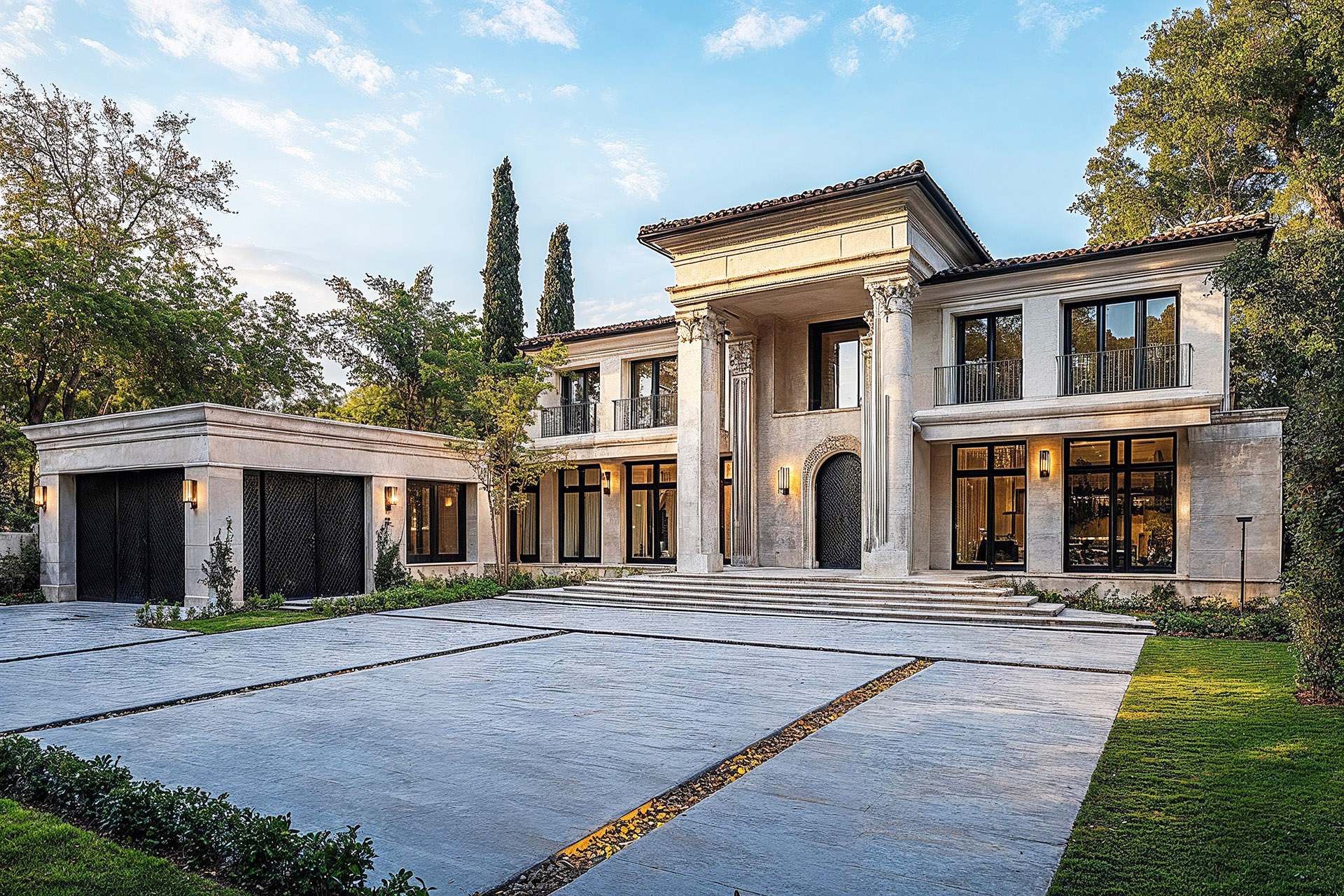
1. Valuing Your Property
Accurate valuation is the foundation of successful property selling, as you have to set a competitive asking price that attracts serious buyers and maximises profits. Several methods for valuing a property include comparing similar properties, obtaining professional appraisals, and conducting comprehensive market analyses. Engaging a professional valuer will give you an expert opinion that reflects current market conditions and trends.
Several factors affect property value, including location, property condition and recent sales. For example, properties near upcoming MRT lines or within popular school districts command higher prices. Well-maintained properties with modern amenities and recent renovations can also have higher values.
Understanding and leveraging these factors will allow you to set an asking price that appeals to buyers and get a successful sale.
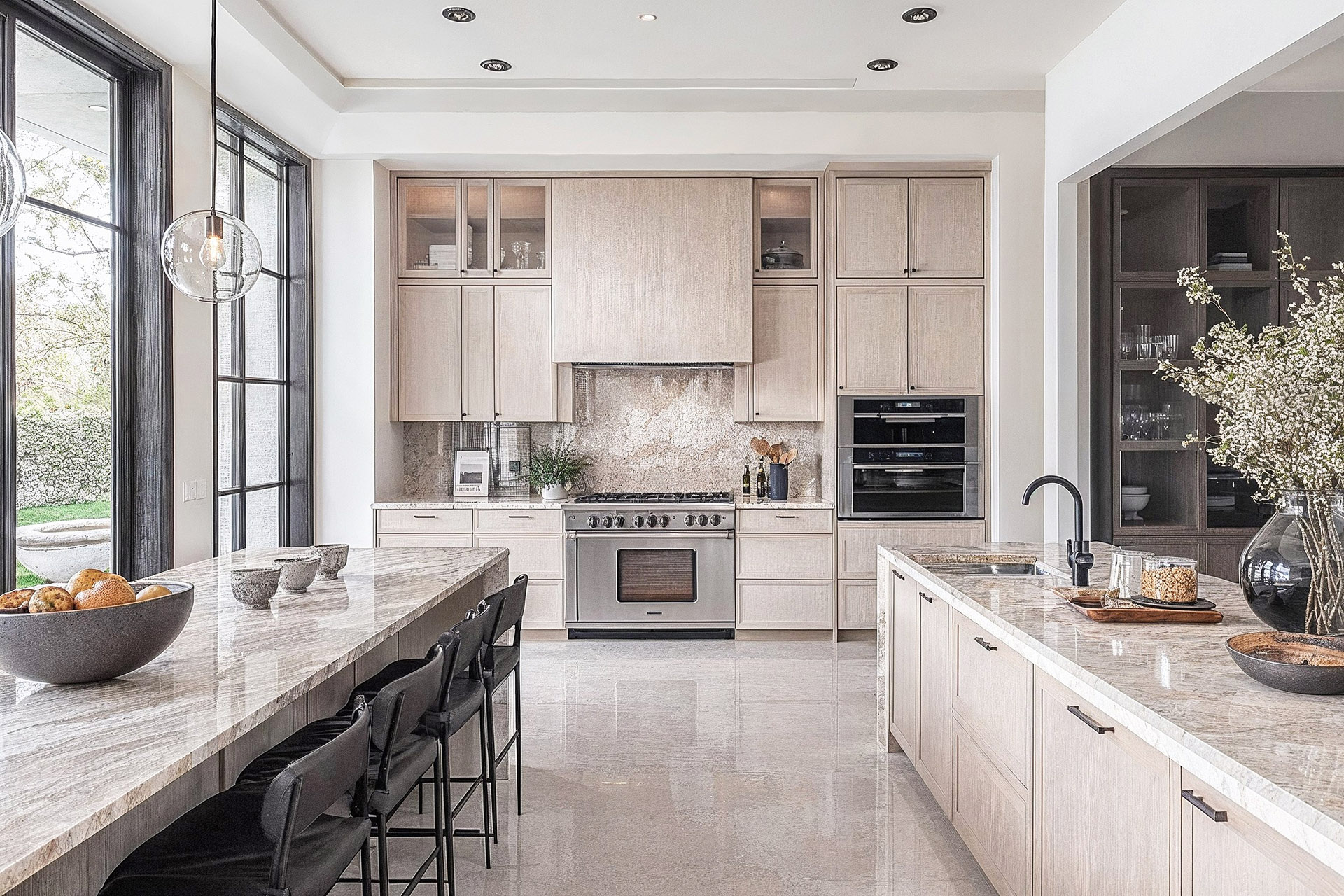
2. Find a Reliable Real Estate Agent
Choosing the right real estate agent is key to a successful property-selling journey. A good agent should know extensively about the local property market and recent transactions. Do your due diligence and verify the real estate agent’s credentials and reputation to ensure you partner with someone who can effectively market and sell your property.
Before deciding, interview multiple real estate agents to compare their approaches, experience and communication styles. The right agent will make the selling process more efficient. A reliable agent will provide a clear marketing plan and outline their sales strategy. This includes how they will market your property, the channels they will use and their plan for viewings.

3. Making Your Home Attractive to Buyers
First impressions count when selling a property. Effective home staging can significantly impact how potential buyers perceive your home, leading to a quicker sale. Focus on key areas, such as the living room, kitchen and master bedroom, to create a good first impression. Importantly, minor repairs, such as chipped paint or leaks, should be addressed to prevent minor issues from deterring buyers.
Use neutral paint colours and maximise natural light during viewings to make your home more attractive to a broader audience. A bright, well-lit home feels more spacious and inviting, and the overall ambience is better. If you spend time and effort to make your home attractive, you will attract serious buyers.
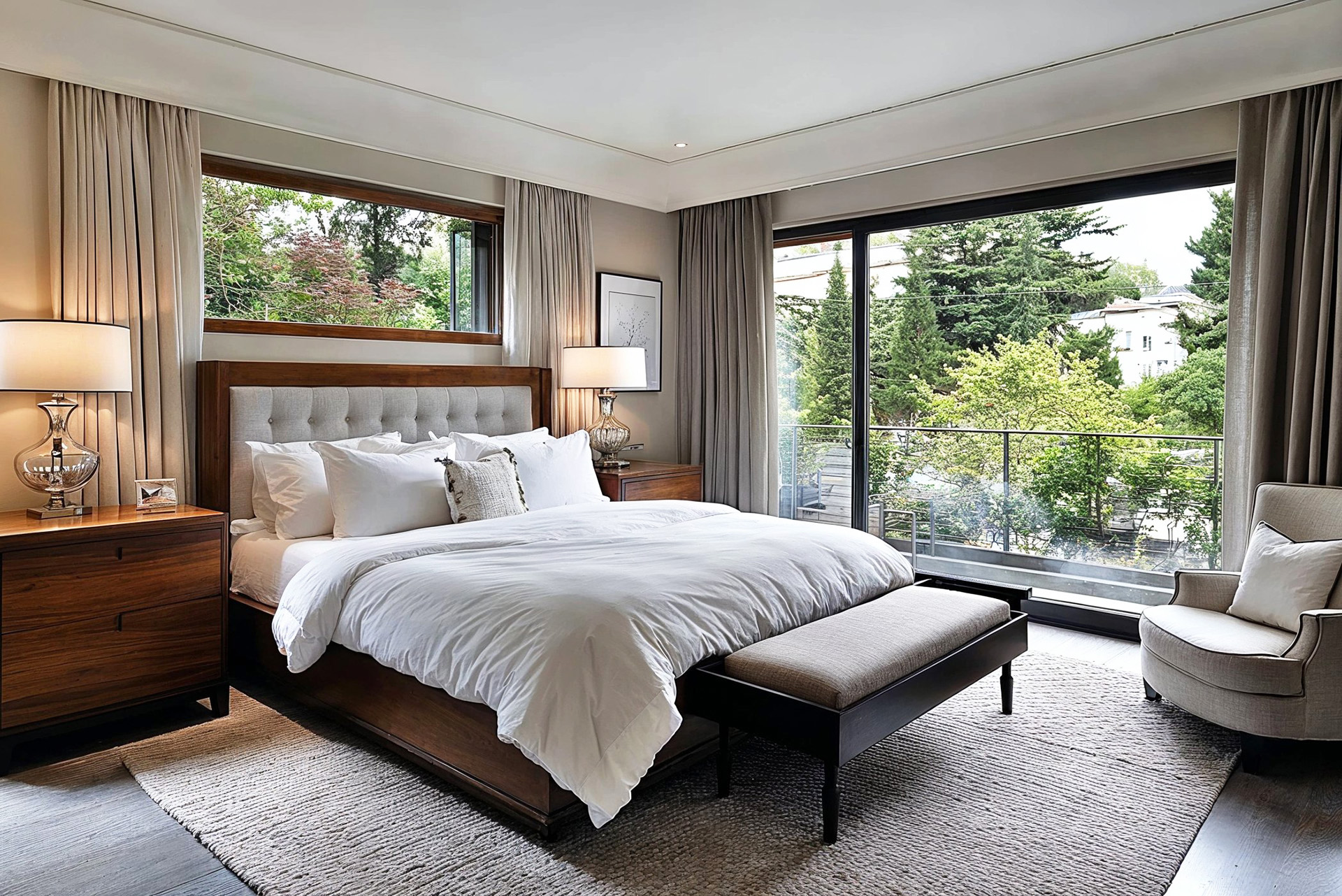
4. Marketing Your Property
In Singapore’s high-stakes real estate landscape, especially at the mid-to-upper tiers, the goal isn’t just to sell a home; it’s to make someone feel like they’ll miss out if they don’t act. Here are some of the ways the smartest sellers and agents do it:
1. Pre-Position the Property Before It Hits the Market
The most successful sales often start before the first portal listing goes live. To build early momentum, create anticipation through quiet previews to select agents, off-market teasers on curated mailing lists, or limited walkthroughs for past high-intent buyers. For premium homes, exclusivity is a key marketing strategy.
2. Control the Narrative, Don’t Just List Features
Instead of a feature dump (‘4 bedrooms, near MRT, pool access’), craft a story that a potential buyer can connect with emotionally: ‘a home where three generations gather under one roof’ or ‘a rare double volume penthouse with sunrise breakfasts and sunset cityscapes’. Real estate, especially in Singapore, is both a utility and an aspiration.
3. Go Beyond the Usual Channels
Many sellers rely too heavily on portals like PropertyGuru or 99.co. The most qualified buyers are likely not scrolling there. Partner with a real estate broker like SHE Real Estate, which can market through private wealth networks, family offices, and relocation consultants to reach UHNWIs, who buy property differently.
4. Use Psychological Anchors
High-net-worth buyers compare, not just evaluate. To anchor perception, position your property next to a recent record sale or reference architectural pedigree (‘designed by Mok Wei Wei’, ‘former ambassadorial residence’). In a market where status matters, subtle cues can justify premium pricing.
5. Invest in Staging That Translates to Camera
A beautifully staged home doesn’t always photograph well. Choose staging that highlights angles, depth and texture on camera. Soft lighting, minimal clutter and warm materials (such as wood, linen, and matte metals) also photograph and sell better.
6. Market the Lifestyle, Not the Logistics
You’re not just selling ‘District 10’ or ‘4,200 square feet’. You’re offering ‘10 minutes to Dempsey Hill for Sunday brunch’ or ‘wine cellar views from your home study’. Focus on the lived experience of what it’s like to live in the property, not just its physical characteristics.
Well-executed property marketing in Singapore isn’t about volume but precision, nuance and narrative. When done right, it creates competition. In a competitive sale, price becomes secondary to desire.

